Fife man Billy Horsburgh has always had a love for words.
But now the 40-year-old of Anstruther, who is registered blind, is taking this to a whole new level with a one-man enterprise that aims to get the word out.
The former Anstruther Primary and Waid Academy pupil has launched his own editing business to not only proof-read and spell-check any kind of written work – be it fiction or non-fiction, commercial, academic or personal – but to edit and suggest ways its impact can be heightened.
Deteriorating eye sight
Short-sighted until he was a teenager, his eye sight deteriorated and he now has roughly 5% hazy vision.
However, the graduate with a masters degree in creative writing, feels his sight loss has actually helped enhance his editorial skills.
“I’ve always had to listen more for the nuances of what people are saying when I can’t see facial expressions or signals,” he explains.
“So I pick up and home-in more exactly to the rhythms and emphasis of their words as a whole, to get the sense of what they’re trying to put across.
“I aim to deliver a comprehensive service my clients are happy with.
“I’ll edit work to a high, polished standard at a very reasonable rate.
“I will accept work over a range of genres and edit and proof-read books, short stories, magazine articles, university papers and more.
“I’ll correct spelling and grammar errors, errors of syntax, remove any week intensifiers and unnecessary words.
“With fiction, I can spot areas of a story that can be improved on, or sentences that might be re-arranged, moved elsewhere, or maybe not even needed.”
Self-published autobiography
Because of his sight loss, then, Billy has always had a love for words.
He has self-published an autobiography of the first 26 years of his life growing up with cerebral palsy and glaucoma.
He also completed another book ‘On the Road Again’, about a European road trip with two friends to a music festival in Hungary and plans to complete a further two memoirs.
Growing up in Anstruther, he went to mainstream primary school, secondary school and college.
However, his deteriorating eyesight brought him a number of issues.
“It was difficult to come to terms with what was happening as a teenager because at the time when I was about 16 I didn’t know what was happening,” he recalls.
“I got sore heads and everything. I was back and forward to the hospital then they finally diagnosed me with glaucoma.
“But round about that period I found it really difficult at Waid.
“I didn’t want to be there, I didn’t want to go to classes because I was finding it too difficult to see and be able to do my own work.
“I had to get auxiliary assistance to help read stuff for me.”
In 2002 he left mainstream education to attend the Royal National College for the Blind.
He gained his BA Honours degree in arts and humanities and his MA through the Open University using speech-reading software and audio-books.
But the areas that especially captured his interest were English literature, children’s literature and creative writing.
“The Open University enhanced my ability to write, edit and proof-read not only my work but other students’, too,” he says.
“I wanted to put my skills in motion as a professional so I began by offering to edit for friends to see how I would get on.”
Creative writing
Billy leads and teaches the national sight loss charity RNIB Scotland’s creative writing group for people with sight loss.
When a friend on the creative writing group that Billy leads asked him to edit a piece of her work, it inspired him to take this further.
“I reduced the story by around 100 words and made it tighter,” he says.
“I advised her on the importance of story structure, suggesting how whole paragraphs might be re-arranged to engage the reader more from the outset.
“The friends I rehearsed with were delighted with the professionalism of my work. So I decided, maybe it was time to set up my own business.
“This way I could choose my clients and pick the number of hours I wished to work.”
Challenges
Finding employment when you’re blind isn’t easy.
Only one in four people of working age with sight loss are currently in jobs.
Billy adds: “I had worked in a call centre years ago and thoroughly enjoyed it.
“However, the company made everyone redundant which made it difficult for me to find suitable, alternative employment.
“That’s why I launched my new business.
“Employers were offering too many hours which I couldn’t manage, either physically or mentally.
“I wanted to work, but I would be financially worse-off if I accepted over 20 hours a week.
“By launching my own business, I can set my own hours.”
* W. Horsburgh Editorial Services (whorsburgh045@aol.com).
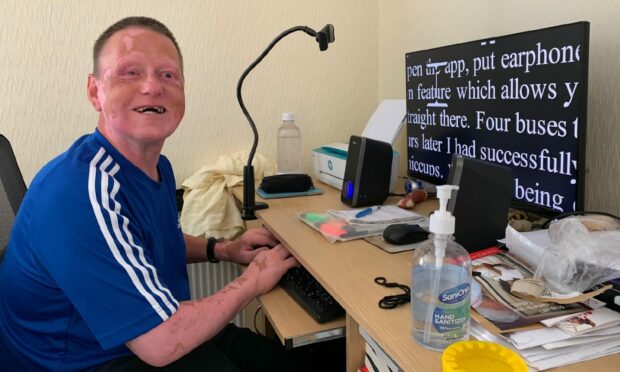
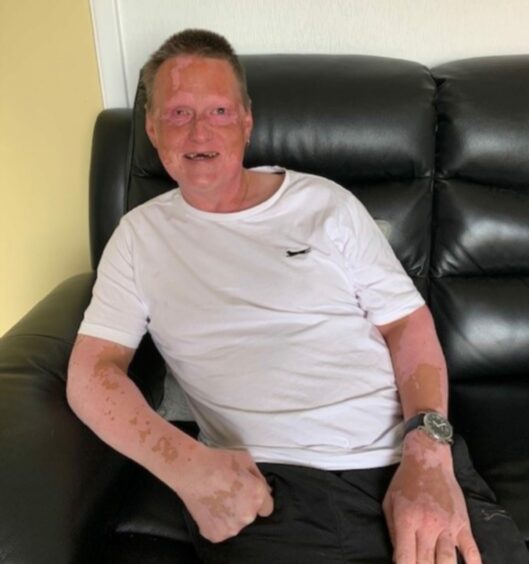

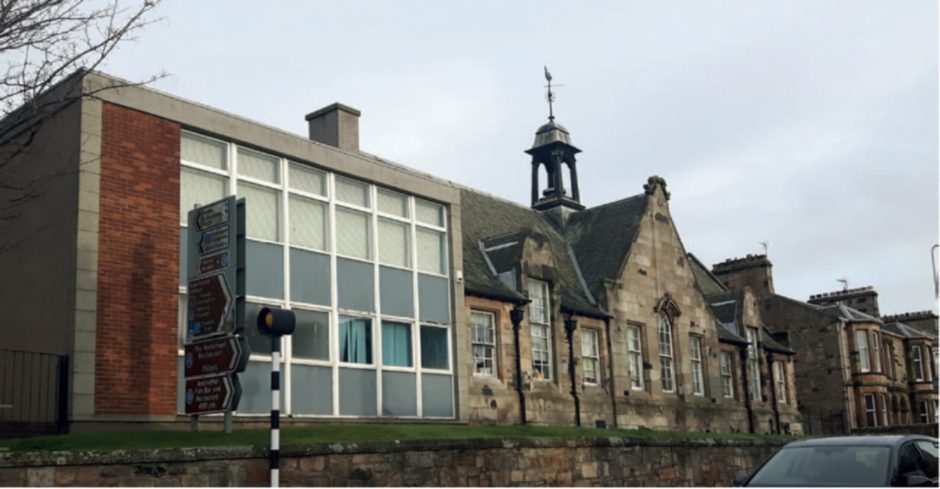
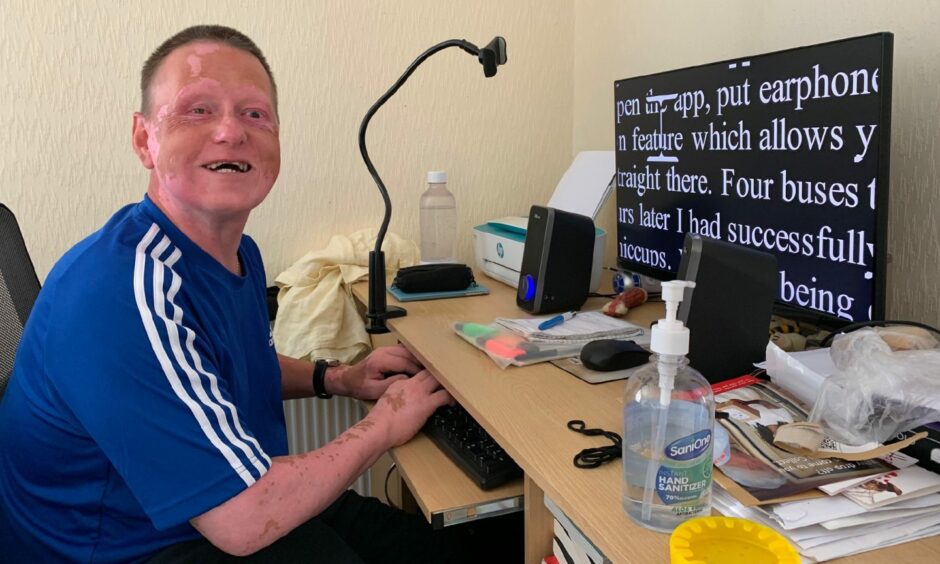
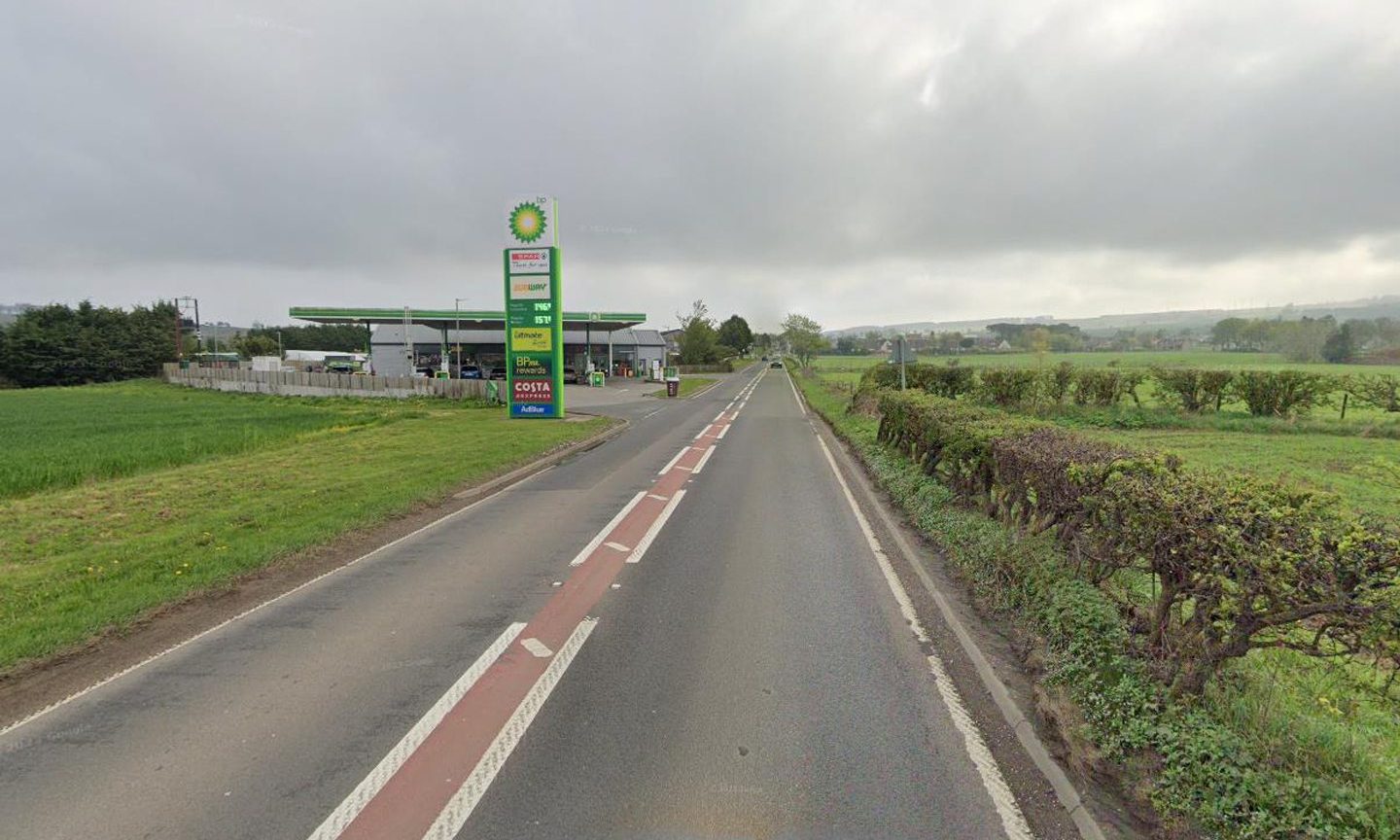

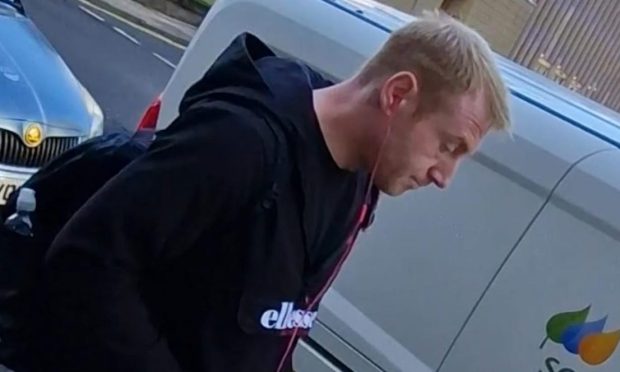
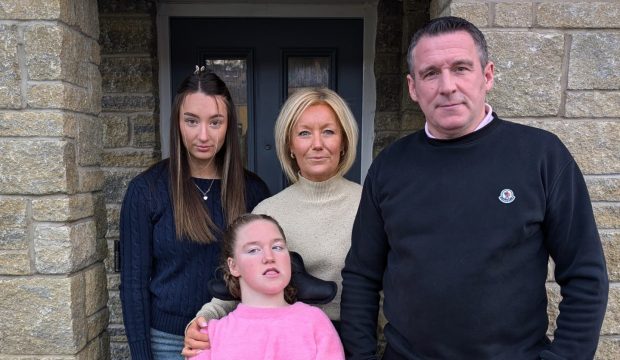
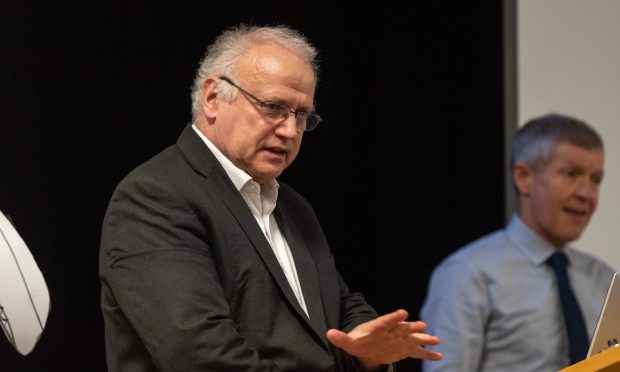





Conversation